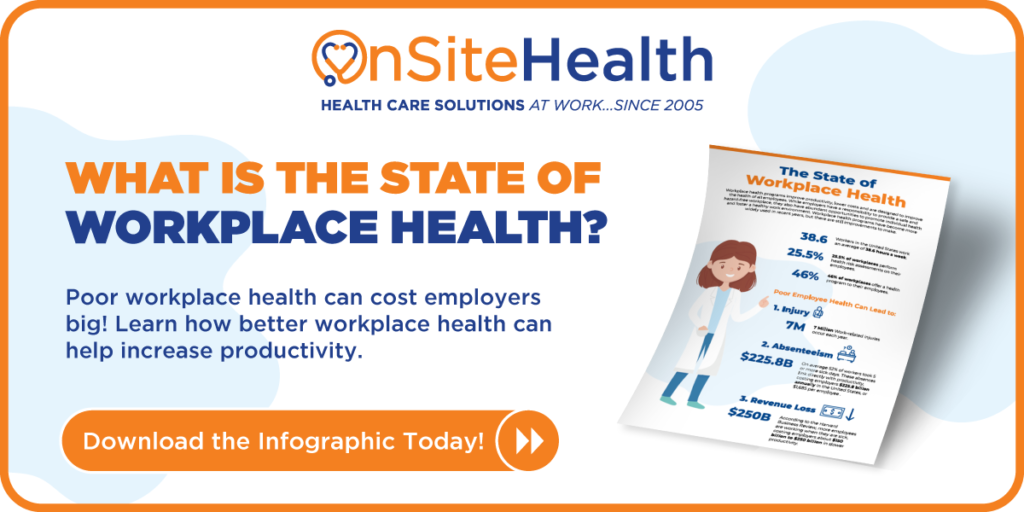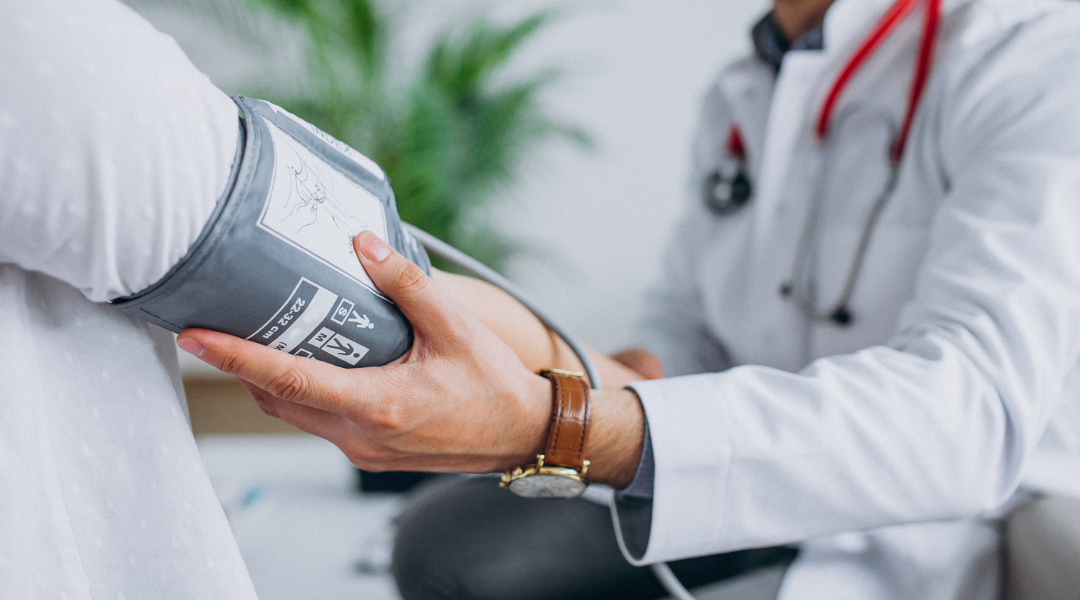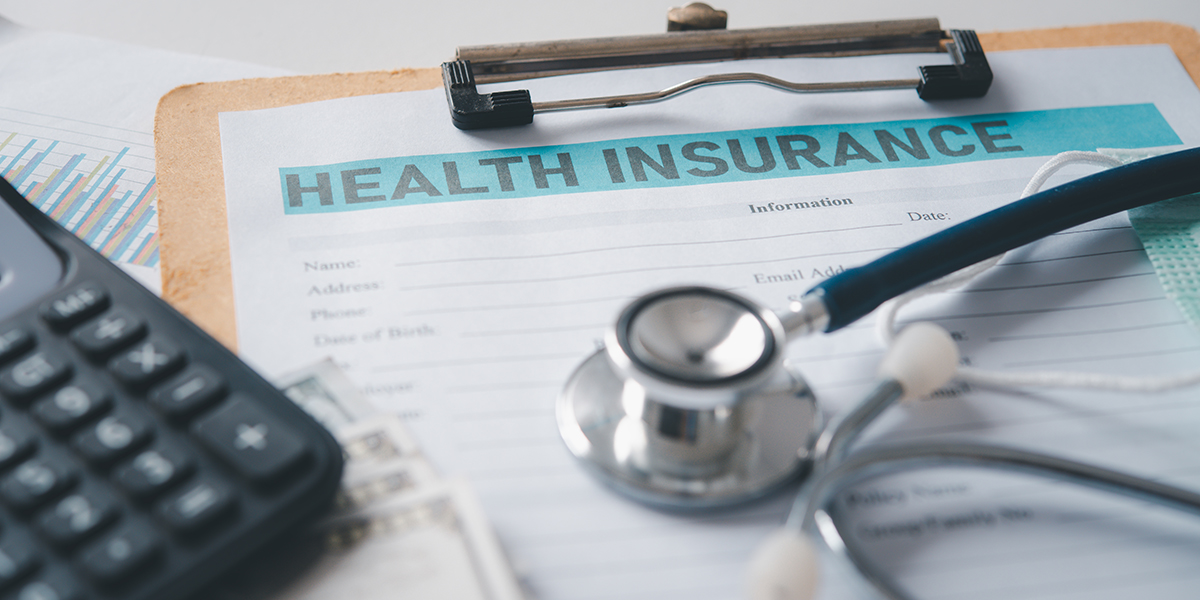Lowering high blood pressure is crucial for maintaining good health. High blood pressure, also known as hypertension, is a common condition that affects millions of people worldwide. If left uncontrolled, it can lead to serious health problems, such as heart disease and stroke. Fortunately, there are several lifestyle changes you can make to lower blood pressure naturally. In this article, we will explore eight effective strategies you can start implementing today.
Staff an OnSite Health Nurse and Save
>>Click Here for our ROI of On-site Nurses Flyer<<
How to Naturally Lower Blood Pressure
1. Eat a Healthy Diet
Following a balanced diet rich in fruits, vegetables, whole grains, lean proteins, and low-fat dairy products can help lower blood pressure. Cholesterol, saturated fats, and trans fats are primary contributors to high blood pressure. Avoid these and opt for foods that are high in potassium, such as bananas, avocados, and sweet potatoes instead.
2. Reduce Sodium Intake
Excess sodium also contributes to high blood pressure. The American Heart Association recommends aiming for a daily sodium intake of no more than 2,300 milligrams (mg), and an ideal intake of less than 1,500 mg per day for most adults. For individuals with hypertension, it is advised to limit sodium intake to no more than 1,000 mg per day. To lower your sodium intake, avoid processed and packaged foods, as they often contain high amounts of sodium. Instead, choose fresh, whole foods and season meals with herbs and spices instead of salt.
3. Maintain a Healthy Weight
Being overweight or obese is a risk factor for high blood pressure. Losing excess weight can significantly lower blood pressure levels. If you’re overweight, try to adopt healthy eating habits and increase your physical activity to facilitate weight loss. Even losing a small amount of weight can have a positive impact on blood pressure.
3. Exercise Regularly
Engaging in regular physical activity is not only beneficial for weight management but also helps reduce blood pressure. Aim for at least 150 minutes of moderate-intensity aerobic activity every week, such as brisk walking, jogging, or cycling. Additionally, incorporating strength training exercises into your routine can further enhance the benefits.
5. Limit Alcohol Consumption
Drinking excessive amounts of alcohol can raise blood pressure. It’s recommended to limit alcohol intake to moderate levels, which means up to one drink per day for women and up to two drinks per day for men. If you’ve been diagnosed with hypertension, it’s even better to avoid alcohol altogether as it can interfere with medications and exacerbate the condition.

6. Reduce Stress
Chronic stress can contribute to high blood pressure. Finding healthy ways to manage stress, such as practicing deep breathing exercises, mindfulness meditation, or just doing the things you enjoy, can help lower your blood pressure. Consider incorporating stress-reducing activities into your daily routine to promote relaxation and overall well-being.
7. Quit Smoking
Smoking is not only harmful to your lungs and overall health, but it can also raise blood pressure levels. If you’re a smoker, quitting can provide significant benefits for your blood pressure and overall health. Seek support from your doctor, use nicotine replacement therapies if needed, and surround yourself with a supportive environment to quit smoking.
8. Get Enough Sleep
Poor sleep quality and duration have been associated with high blood pressure. Aim for at least 7-8 hours of quality sleep each night. Establish a relaxing bedtime routine, create a comfortable sleep environment, and avoid electronic devices before bedtime to promote better sleep.
High blood pressure is a serious condition that can lead to severe health problems if left uncontrolled. By implementing these strategies, you can reduce your risk of developing hypertension while maintaining good overall health and well-being. Consult with your healthcare provider to discuss the best treatment options for your specific condition.
Implementing OnSite Health: Helping Your Employs Lower Blood Pressure
Providing an OnSite Health clinic or staffing an OnSite Health nurse in the workplace is an effective way to promote employee health. We offer a range of services, including blood pressure screenings, education on how to lower blood pressure, and ongoing support to employees. This leads to earlier detection, better management, and prevention of complications. OnSite Health’s goal is to provide your employees with health and wellness. Take a look at our services today to find out more!





